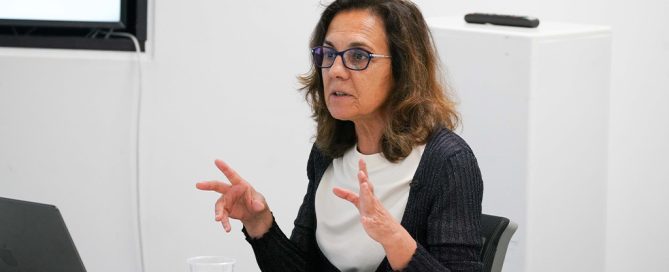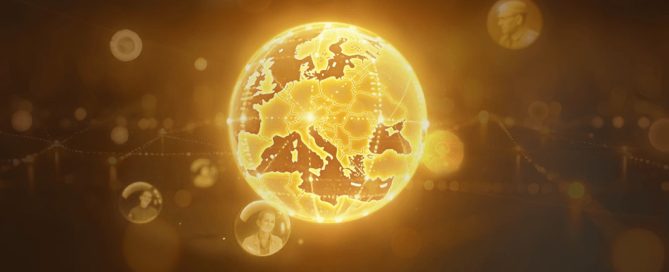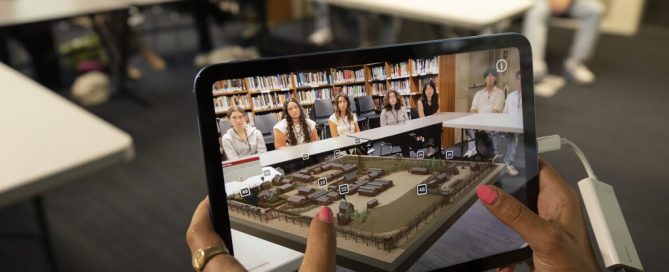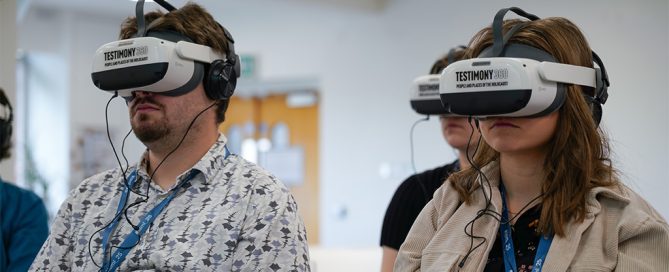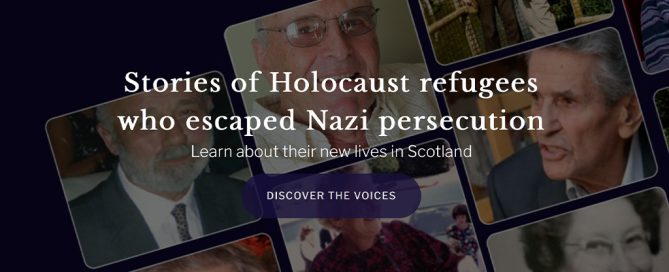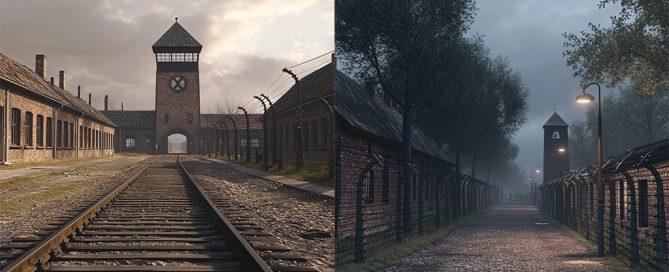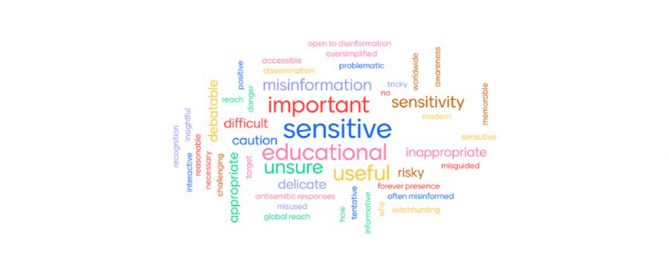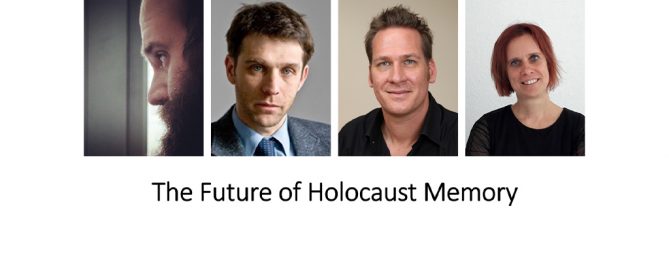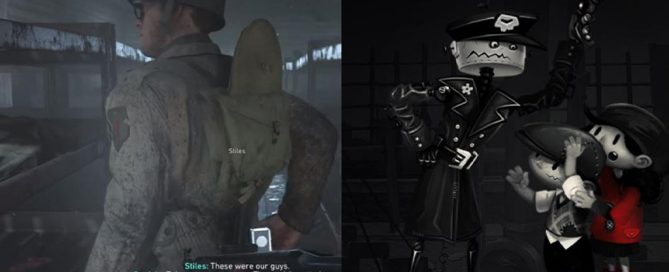The View From: Visiting Researchers, Part 2
Earlier this term, The Landecker Digital Memory Lab welcomed visiting researcher Dr Stefania Manca from the Institute of Educational Technology of the Italian National Research Council who specialises in digital Holocaust education. Find out about the productive knowledge exchange that took place. by Prof. Victoria Grace Richardson-Walden, in conversation with Dr Stefania Manca Prof. Victoria Grace Richardson-Walden: Stefania, what did you do during your time with us at the University of Sussex? Dr Stefania Manca: During my three-week stay at the University of Sussex, I had the opportunity to engage with members of the Landecker Digital Memory Lab and the Media, Arts and Humanities Research Institute. I took part in both organised research meetings and informal gatherings, which provided valuable insights into the cutting-edge work being undertaken at the Landecker Digital Memory Lab. I also had the chance to interact with several doctoral students and to appreciate how research on digital technology and memory is progressing in fascinating and innovative ways. In addition, I attended a joint meeting between researchers from the Landecker Digital Memory Lab and the Centre for Holocaust Education at the University of London. This was an excellent occasion to reflect on the potential collaboration required between [...]
